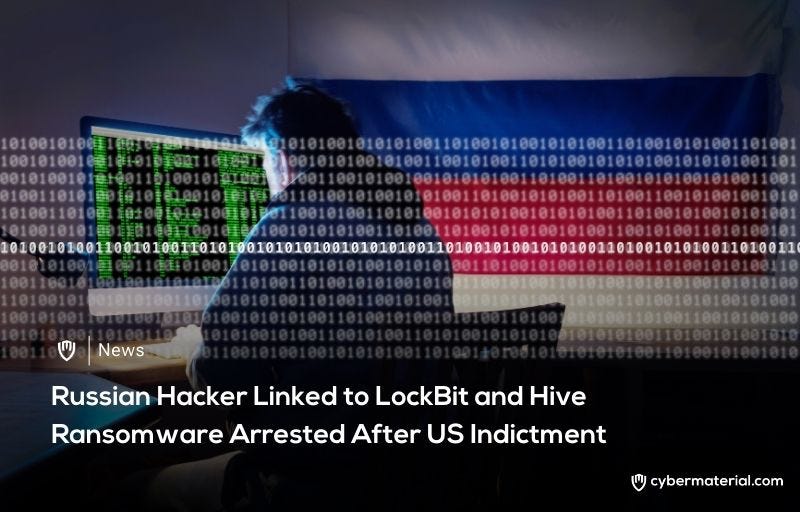
Mikhail Pavlovich Matveev, a Russian hacker linked to multiple notorious ransomware groups, has been arrested by law enforcement in Russia. Matveev, who has been accused of creating malicious softwar…

Mikhail Pavlovich Matveev, a Russian hacker linked to multiple notorious ransomware groups, has been arrested by law enforcement in Russia. Matveev, who has been accused of creating malicious softwar…